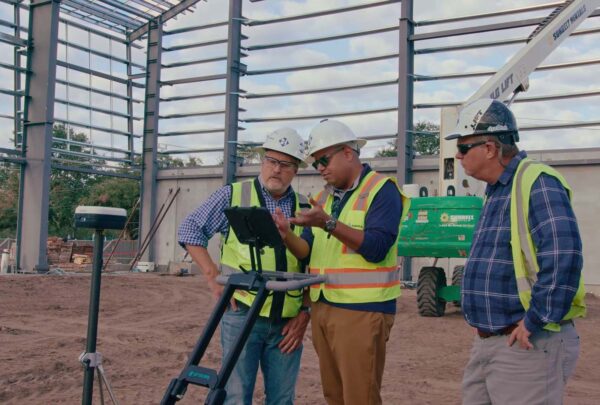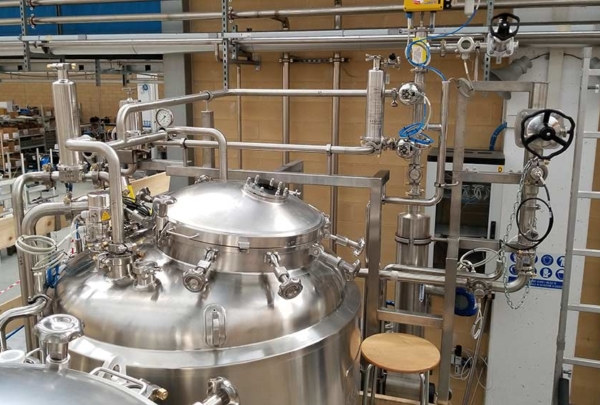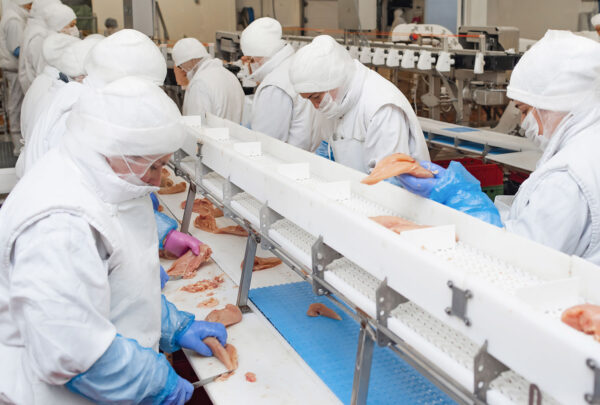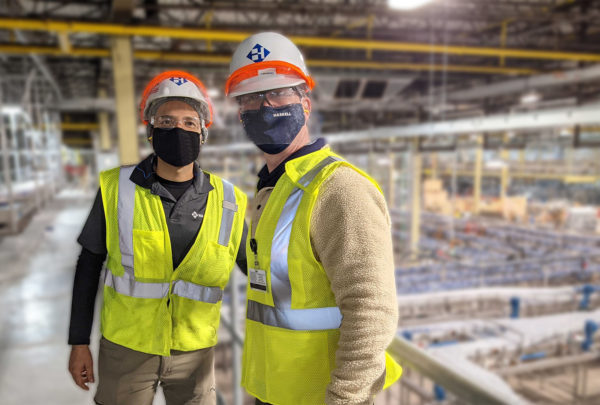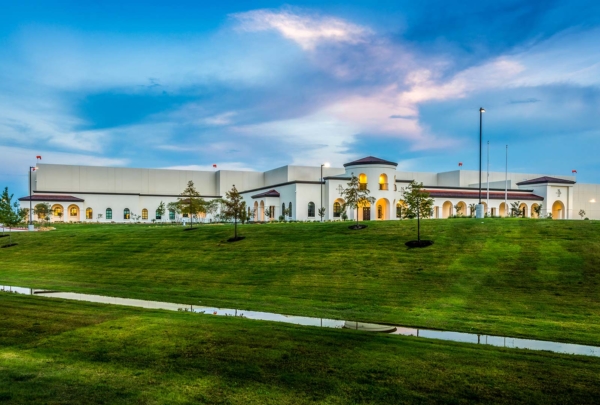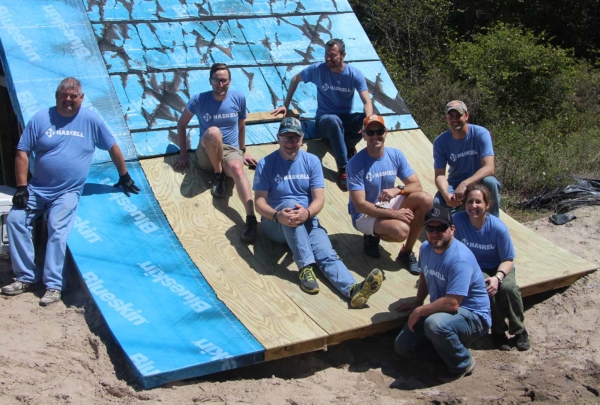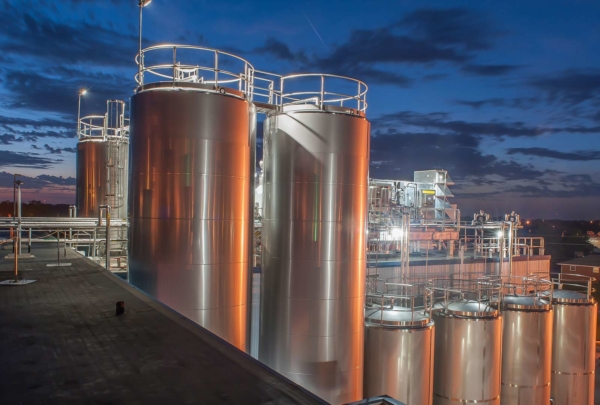For food companies, ownership of a production facility resembles ownership of an automobile driven by a teenager.
While other car owners concern themselves with safety, the parent of a licensed teen lives with the added burden of increased risk. With so much at stake, a parent never hands over the keys without some level of trepidation.
So it is with owners of food processing facilities. Consumers place trust in the safety of products shipped from those doors to their table. Violate that trust, and an important relationship will be broken.
From a business perspective, foodsafety failures come with a high cost. Recalls, loss of shelf-space, damage to reputation and multi-million-dollar legal judgments create potential risks that must be addressed with high priority.
Designing for Food Safety
With automobiles, safety became a standard part of design. Food processing facility projects should be no different. Designing facilities with food safety as a focal point provides long-term benefits.
Haskell’s food safety expert, Bob Hunt, uses facility design as a tool to reduce risks so that our clients’ long-term responsibility for food safety is easier to manage.
Bob says that the focus on safety in design starts with communicating with the client. Design discussions involve a thorough understanding of processes, procedures and the overall capabilities of the client.
Educated with an intimate understanding of the business, Bob determines how best to lay out equipment, work stations, break facilities and other details.
A design that makes an employee break room easily accessible, while keeping employees from raw processing and ready-to-eat areas of the facility separated, increases the facility’s food safety potential.
Choosing specific materials for room surfaces can impact pathogen testing frequency and possibly result in the use of less expensive cleaning agents.
Sanitary Facility Design and HACCP
Designing for food safety also enables clients to take advantage of the cost savings associated with value engineering. By understanding how design will affect critical control points, effort and costs associated with a plant’s congruent HACCP plan, ongoing food safety procedures can be more realistically estimated.
Projected long-term savings due to simpler safety procedures and Hazard Analysis Critical Control Points (HACCP) plans could justify increased expenditures during design for certain material or equipment choices. If cost constraints require the selection of alternate materials or equipment, customers must be willing to accept that their regulatory responsibilities may vary once the facility becomes operational.
Haskell offers complete, client-focused food processing facility solutions. From architecture and engineering to construction and manufacturing optimization, Haskell provides the expertise that clients require to attain their corporate goals.
For more information, contact Haskell’s Food and Beverage division leader, Keith Perkey.



